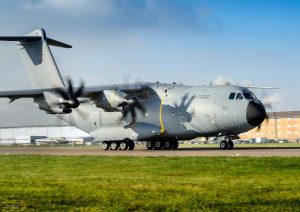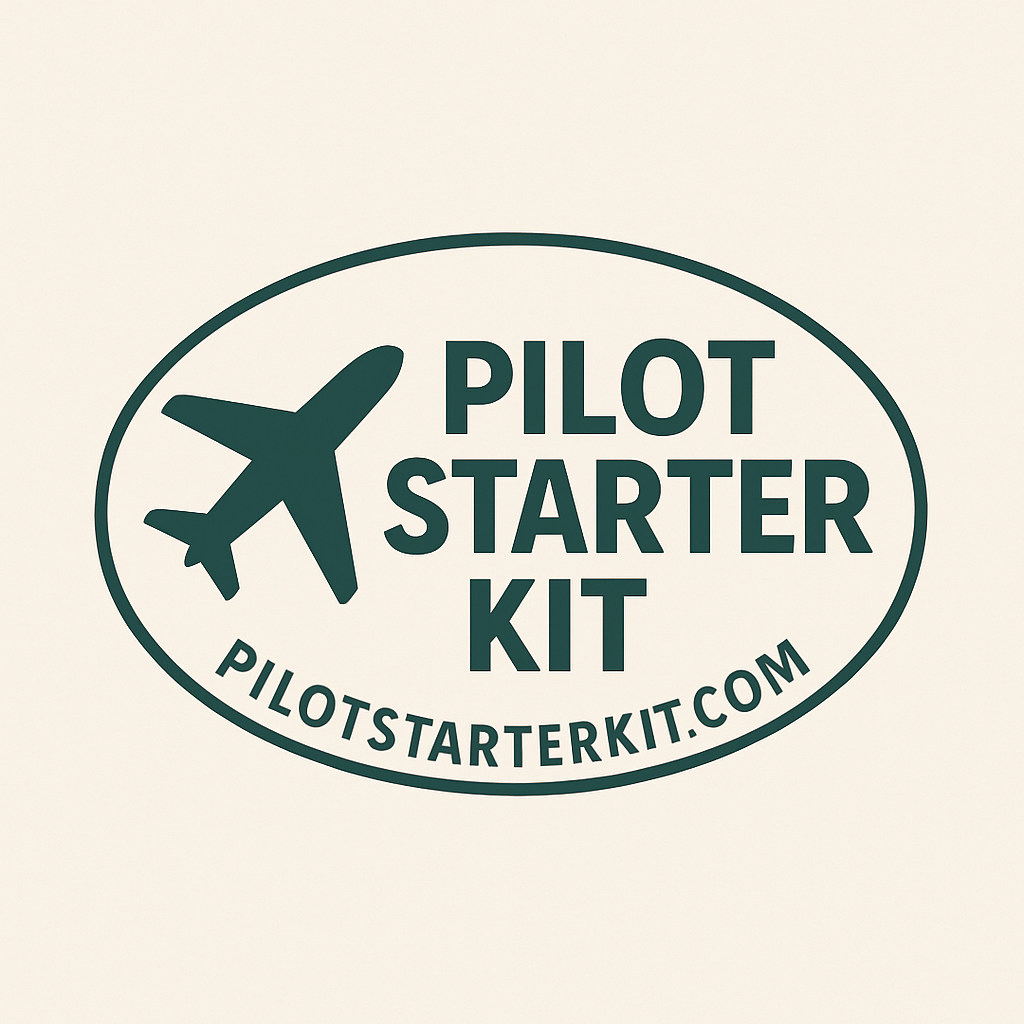
If you’re training to become a pilot or aspiring to own a plane one day, understanding how to read an Aircraft Maintenance Manual (AMM) is a huge step toward being a smarter, safer aviator. These manuals aren’t just for mechanics—they’re part of every aircraft’s DNA.
✍️ Quick Tip: Most flight schools use the Cessna 172. If you’re flying one, check out the Cessna 172 AMM PDF and follow along as we explain how to read it like a pro.
In this beginner-friendly guide, we’ll walk you through what an AMM is, why student pilots should care, how it’s structured, and what sections to focus on—even if you’re not doing the wrench-turning yourself.
Table of Contents
What Is an Aircraft Maintenance Manual (AMM)?
An Aircraft Maintenance Manual (AMM) is a manufacturer-issued document that explains how to inspect, repair, service, and maintain every component of an aircraft.
Each aircraft model has its own AMM, issued by the manufacturer (Cessna, Piper, Cirrus, etc.), often in digital PDF or printed format. It includes detailed:
-
Procedures
-
Diagrams
-
Torque specs
-
Safety notices
-
Troubleshooting steps
🛠️ Think of the AMM as the aircraft’s technical “how-to” bible for certified maintenance personnel.
Why Student Pilots Should Learn to Read It
Even though you’re not the one performing the maintenance, reading the AMM gives you:
✅ Better understanding of your aircraft systems
✅ Insight into what maintenance should be performed (and when)
✅ Confidence when speaking with mechanics
✅ Checkride readiness for questions on maintenance and airworthiness
✅ A head start if you plan to become an A&P mechanic later
📚 FAA knowledge tests often pull questions from AMM-relevant content—so don’t skip it!
Key Sections of an AMM
Here’s what most AMMs include, regardless of brand:
| Section | What It Covers |
|---|---|
| General | Definitions, aircraft overview, manual use |
| Airframe | Fuselage, wings, empennage inspections |
| Landing Gear | Tires, brakes, gear alignment |
| Powerplant | Engine inspection, oil system, fuel injection |
| Propeller | Balancing, replacement procedures |
| Electrical | Battery checks, alternator servicing |
| Flight Controls | Trim, cables, control surface adjustment |
| Hydraulic & Pneumatics | Landing gear systems (if applicable) |
| Scheduled Maintenance | Checklist with intervals |
| Unscheduled Maintenance | Troubleshooting issues |
Each section includes:
-
Safety warnings
-
Required tools
-
Step-by-step instructions
-
Part/torque specs
-
Diagrams
How the Manual Is Organized
Most AMMs follow ATA 100 chapter formatting, a standard numbering system across aviation manuals.
Here’s a breakdown of common ATA chapters relevant to student pilots:
| ATA Code | System |
|---|---|
| 05 | Time Limits/Maintenance Checks |
| 08 | Lifting and Shoring |
| 24 | Electrical Power |
| 32 | Landing Gear |
| 71–80 | Powerplant and engine systems |
🧠 ATA codes make it easier to cross-reference manuals (engine, IPC, etc.) even across manufacturers.
How to Look Up Maintenance Tasks
Let’s say you’re curious about how to change the oil on your trainer aircraft. Here’s how you’d use the AMM:
-
Check the ATA code for engine servicing (ATA 71 or 79).
-
Go to the table of contents and find “Lubrication – Engine Oil”.
-
Locate the task number and page.
-
Follow steps in order: preparation, tools, warnings, procedure.
-
Note any inspection or logbook requirements at the end.
Example Task Walkthrough: Oil Change on a Lycoming O-320
This is a real-world example from a Cessna AMM or Lycoming engine manual:
🔧 Task: Engine Oil Change
Tools Needed:
-
Oil filter wrench
-
Safety wire pliers
-
Torque wrench
-
Funnel & drain pan
Procedure (Simplified):
-
Remove top cowling
-
Warm up engine for 3–5 mins
-
Remove drain plug or quick drain
-
Allow full drainage (~15 min)
-
Remove and replace oil filter
-
Install new filter with fresh oil on gasket
-
Safety wire the filter and plug
-
Refill oil to dipstick level
-
Run engine and check for leaks
-
Record maintenance in engine logbook
⚠️ Always follow torque specs, use aviation-grade oil, and comply with any SBs or ADs.
Top Maintenance Manuals for Student Pilots
While official AMMs are often proprietary, many aircraft maintenance procedures are published in FAA-approved or public resources:
✅ 1. Cessna 172 Maintenance Manual PDF
-
Free from some flight schools or training programs
-
Great for learning standard light aircraft maintenance
-
Perfect for checkride prep and system diagrams
✅ 2. FAA AC 43.13-1B (Acceptable Methods)
-
FAA’s gold standard for general maintenance practices
-
Includes riveting, corrosion, engine repair, etc.
-
Often used in lieu of an AMM for vintage or experimental aircraft
✅ 3. Lycoming O-320 Engine Operator Manual
-
Detailed procedures for one of the most common GA engines
-
Torque specs, part numbers, oil change, and troubleshooting
-
Especially useful for students flying Pipers or older Cessnas
Tips for Reading AMMs Efficiently
-
🧭 Use ATA codes to jump to the correct section
-
🔍 Search the PDF (Ctrl+F) for keywords like “inspection” or “torque”
-
✏️ Take notes in a simplified format for quick access
-
📐 Look at diagrams before reading procedures
-
🧪 Understand the why, not just the steps—know what you’re checking for
-
🔄 Cross-check with logbooks to understand real-world entries
💡 Flight instructors love students who ask questions about system diagrams or torque specs!
AMM vs POH vs IPC: What’s the Difference?
| Document | Purpose |
|---|---|
| AMM (Maintenance Manual) | Tells you how to maintain and repair the aircraft |
| POH (Pilot Operating Handbook) | Pilot-focused guide for operating procedures |
| IPC (Illustrated Parts Catalog) | Lists all parts by diagram with part numbers |
🧰 Student pilots should start with the POH, but gradually explore the AMM and IPC for deeper knowledge.
Final Thoughts
Learning how to read an aircraft maintenance manual may seem like a mechanic’s job—but as a student pilot, it makes you smarter, more prepared, and safer in the cockpit. The more familiar you are with how your aircraft works and how it’s maintained, the better you’ll perform in flight school and beyond.
Want to start building your knowledge? Download a free AMM checklist or get the Cessna 172 sample maintenance guide to follow along on your next ground day.
